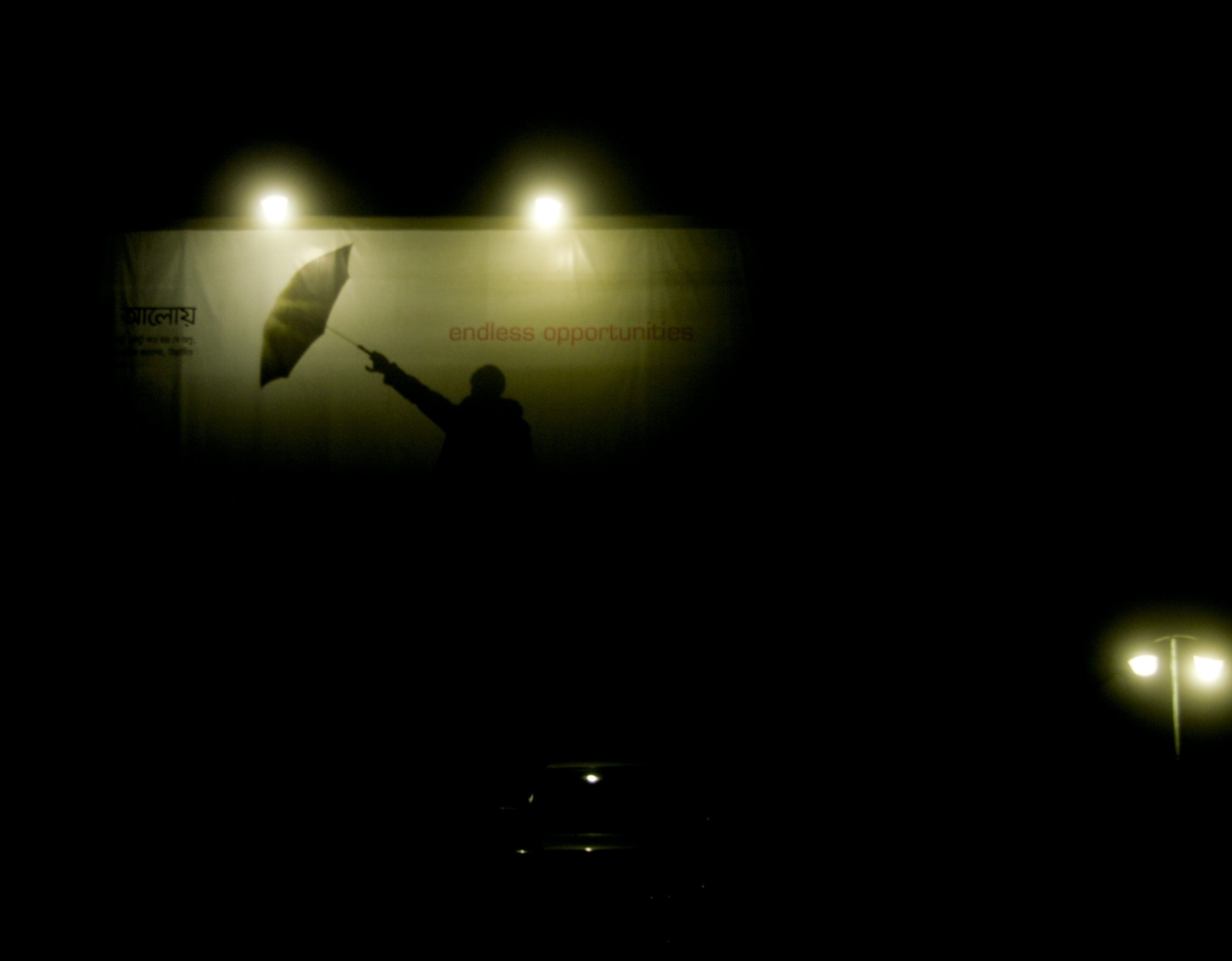![]()
Naeem Mohaiemen. The Year 1973 Created Many Problems for the Imperialists
Opening: March 3, at 20:00 h.
Dates: March 4 - October 18, 2020
Curator: Juan Antonio Álvarez Reyes
Coordinators: Alberto Figueroa, Roxana Gazdzinski
Space: Monumental Area
One of the enduring toxins of borders drawn by British colonialism are the unstable nation states created
after their departure. Bangladesh is a product of three postcolonial ruptures-the 1905 partition of united Bengal province under
British India, the 1947 partition of India into India and Pakistan, and the 1971 war that again split Pakistan, with its eastern
half becoming Bangladesh. Naeem Mohaiemen (b. 1969, London) grew up in this Bangladesh, whose first decades of existence were marked
by political turmoil and military coups. The history of those years, passed through the personal filter of family, opens and closes
the exhibition with two closely connected works that show how images trigger memory, and how memory changes over time. In Baksho Rohoshyo (2019),
the most recent work in the show, Naeem, two of his aunts and his father comment on photographs of the area where they lived, taken by
the latter in the 1950s. Their remarks reflect the sweeping geopolitical changes that followed the partition of British India in 1947,
and are reflected in the earlier project Rankin Street, 1953 (2013). The consequences of colonialism and the processes set in motion after
independence are inseparable from everyday life. The history of those years and the failure of the liberation and solidarity movements of
the second half of the 20th century are, to a large extent, the basis of Mohaiemen's films, essays, and installations. He also explores the
history of failed utopias in an international context dominated by the bloc politics of the Cold War era, as in the projects I Have Killed (2009),
The Year 1973 Created Many Problems for the Imperialists (2013).
This exhibition includes audiovisual installations and pieces as well as prints, drawings, texts and photographs produced between 2010 and 2019. One of the most striking pieces in the exhibition, displayed in the nave of the old church, is a three channel film titled Two Meetings and a Funeral, which participated in documenta 14 at Kassel in 2017. This work analyses two political projects united by their utopian aspiration of shattering global bloc dynamics and by their eventual failure: the Non-Aligned Movement and the Organization of Islamic Cooperation, both of which emerged on the complex multilateral political stage of the Cold War era and reached the peak of their activity in the 1970s as seen in the linked project Abu Ammar is Coming (2016). The exhibition primarily focuses on that decade, addressing problems that stem from colonial wounds and the conflicts that ensued in postcolonial nations, after liberation. Closely linked to the Cold War and the aforementioned NonAligned Movement, the 1970s oil crisis and the Organization of the Petroleum Exporting Countries live in the memory of those years and events. They also affect individual lives, defining a way of approaching existence itself.
ADDITIONAL DOCUMENTATION |

